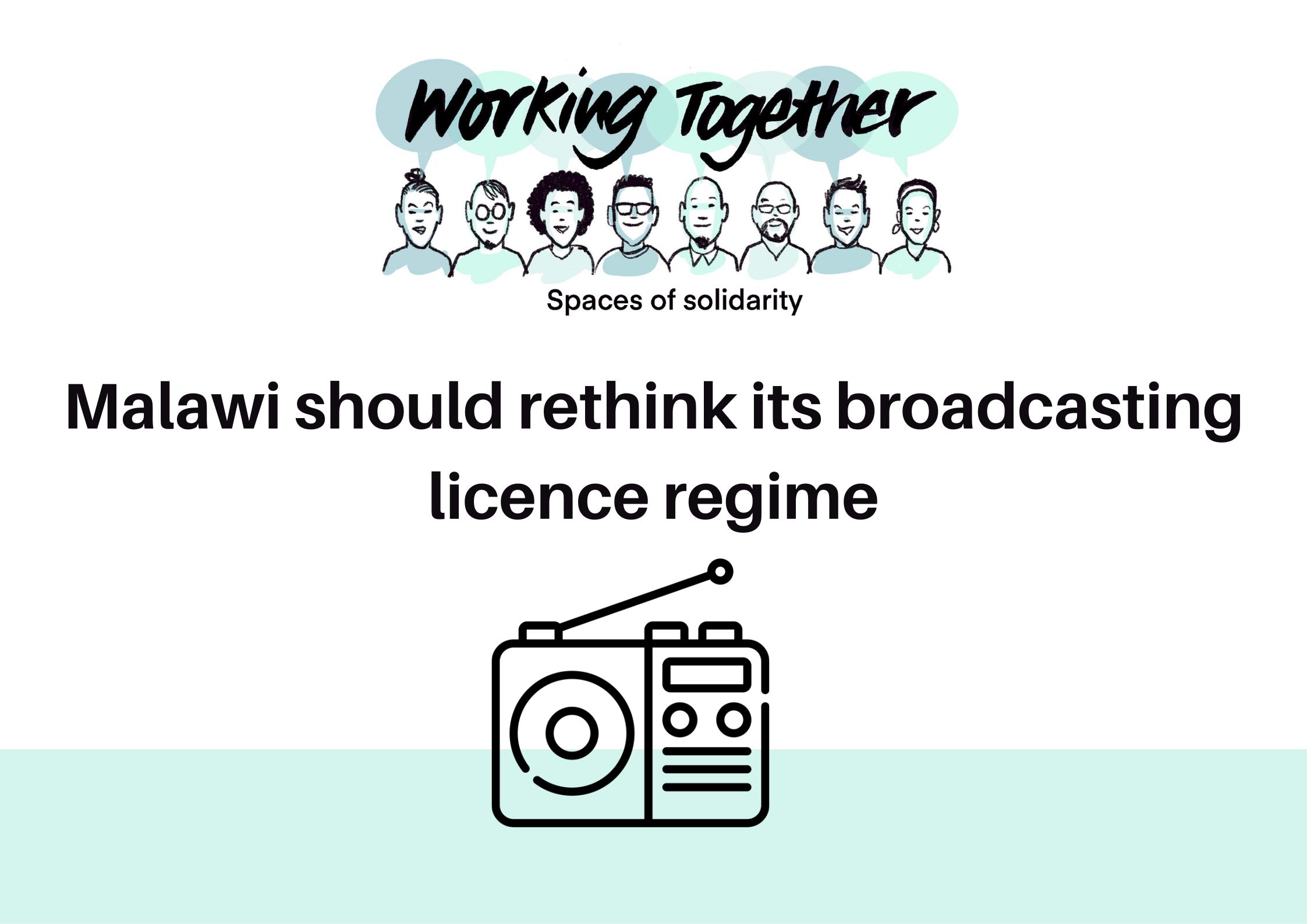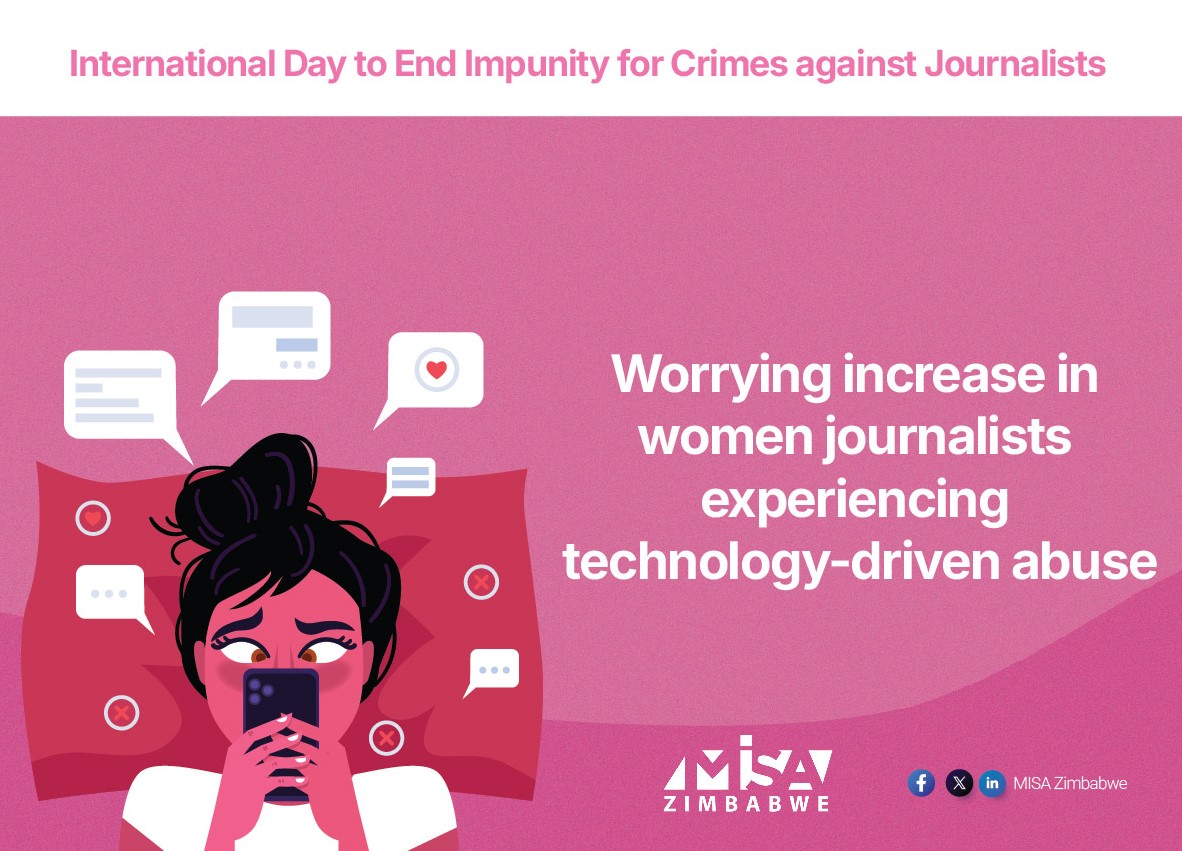The Malawi Communications Regulatory Authority (MACRA) has over the past three months been revoking broadcasting licences and closing radio and television stations for delays in the remittance of broadcasting licence fees.
In 2022, MACRA revoked licences for six radio and four television stations due to delays by the stations to pay licence fees. More than 20 other stations are threatened with revocations.
While some of these stations managed to pay off the arrears, many of them resorted to unsustainable means to settle the fees. Some opted for bank loans, sacrificed employee salaries for months while religious affiliated media raised the licence fees through church offerings.
On February 7, 2023, MACRA released a statement announcing the revocation of two more radio broadcasting licences.
Malawi is a model of diversity in the broadcasting sector, but the closure of radio and television stations is retrogressive and can be construed as a systematic attempt by the government to infiltrate and control the media sector.
These shutdowns are a threat to media freedom, independence, plurality and diversity of the media landscape.
The revocation of licences is worrying at a time when there is general concern of shrinking civic space in Malawi.
The closures are not only threatening Malawi’s nascent democracy but also rendering hundreds of journalists jobless.
The Spaces of Solidarity platform, thus, calls on the government, through MACRA, to address concerns of high annual fees broadcasters have to pay to the regulator. These subscriptions are pegged in US dollars and the recent devaluation of the Malawi kwacha against the all major convertible currencies has made the licence fees more expensive and unsustainable for broadcasters in the country.
In addition, broadcasting stations are also mandated to pay other monthly levies to Malawi Telecommunications Limited (MTL) and Malawi Digital Broadcast Network (MDBN).
Shutting down the broadcasting media outlets is denting Malawi’s progress since the introduction of multiparty democracy in 1993 and the operationalisation of the Access to Information Act in 2020.
We would also like to bring to the government of Malawi’s attention the African Commission on Human and Peoples’ Rights’ Declaration on Freedom of Expression and Access to Information.
The Declaration notes the particular importance of the broadcast media in Africa, given its capacity to reach a wider audience due to the comparatively low cost (emphasis our own), of receiving transmissions and its ability to overcome illiteracy, geographical and other communication barriers.
Instead of revoking broadcasting licences, we proposed that MACRA should engage all relevant stakeholders and dialogue on ways of sustaining broadcasters’ operations and at the same time, ensuring compliance with their licence obligations and standards.
We reiterate the call for dialogue and engagement on the issue of broadcasting licences before any drastic action is taken that could further sully Malawi’s image on the international stage.
The Spaces of Solidarity platform, therefore, is calling on the government of Malawi to find a holistic solution to challenges leading to the closure of radio and television stations in Malawi.
Centre for Human Rights
MISA Botswana
MISA Malawi
MISA Regional
MISA Tanzania
MISA Zambia
MISA Zimbabwe
Namibia Media Trust (NMT)
PANOS Institute Southern Africa
The Hub Lesotho
Content Creators Network ZW
MNN Centre for Investigative Journalism (Lesotho)
Bloggers of Zambia- BloggersZM













